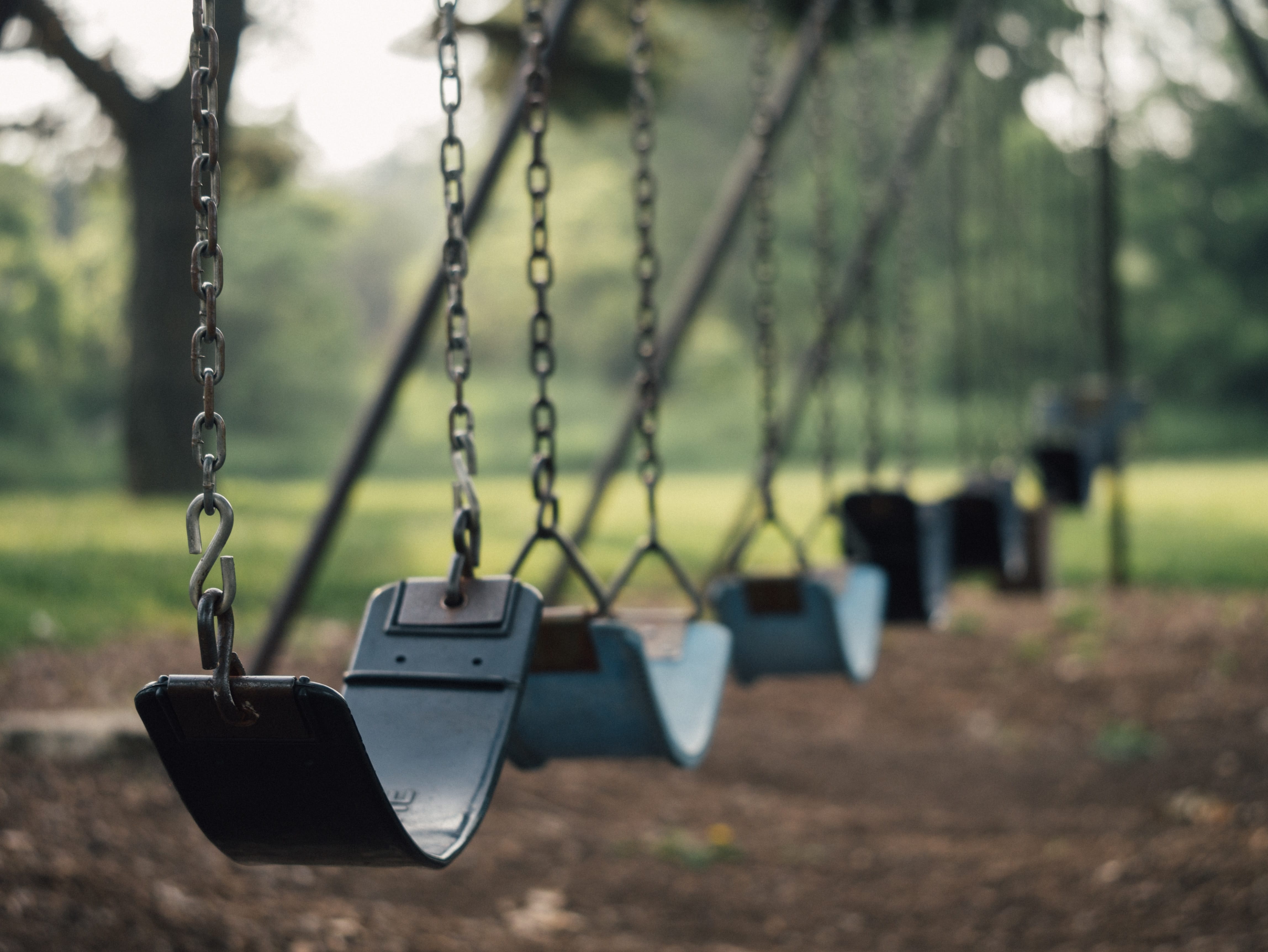First Nation Seeks Immediate Control Over Child Protection Matters

We have previously written about the federal government’s recent attempts to address longstanding issues with how child protection is handled across the country and the adverse impacts that have been felt by Canada’s First Nations. Bill C-92, An Act respecting First Nation, Inuit, and Metis children, youth and families, received royal assent in 2019 and contained sweeping changes to the system including methods to preserve the connection between First Nations children and their communities if they require protection services, as well as efforts to have First Nations take the lead on child protection matters within their own communities. The government has proposed funding to assist with this transition, though specifics are still being sorted out.
Recently there have been new developments in the matter, as multiple First Nations in Western Canada and Ontario have announced that they are unwilling to wait for federal funding announcements before moving ahead with taking over child welfare issues in their own communities. Many First Nations see this as an urgent situation that needs to be addressed now, as Indigenous children are grossly overrepresented in protective care. For example, 85% of children currently in care in the province of Saskatchewan are First Nations.
Speaking with The Canadian Press, Chief Cadmus Delorme of the Cowessess First Nation confirmed that the Nation had begun plans to take over the child welfare practices affecting Cowessess children and families. The Nation has already drafted child services laws, which is a required step in the process for a Nation to assume responsibility for the matter. Presently, Cowessess has approximately 160 children in care with an additional 350 children receiving protection services. Most are located in Alberta, but the Nation also has children in care in Saskatchewan, British Columbia and Ontario.
No Time to Wait for Funding Announcement
While the government has announced various plans to address the funding of the transitions, some First Nations feel they cannot wait any longer. For the sake of their children, they plan to move ahead now and worry about funding down the road. This means that these Nations are paying significant amounts of money out of pocket in the meantime. Delorme, for example, expects that his community will have spent approximately $250,000 by the time they are ready to take ownership of the system, which is expected to be April of this year. Beyond that, he acknowledges that federal funds will become significantly more crucial. All told, the Assembly of First Nations estimates that the costs of facilitating this transfer to Nations across the country could cost approximately $3.5 billion.
Other First Nations representatives are advocating for a more cautious approach, expressing concern that an influx of funding requests will have the opposite of the desired effect. David Chartrand, president of the Manitoba Metis Federation, wants each province to share in the funding burden and worries that too many demands too quickly on the federal government will cause delays in the process.
Assembly of First Nations To Bring Class Action Against Federal Government
In a further update on the matter of First Nations child welfare, the Assembly of First Nations plans to take the federal government to court, seeking damages for the children who have been harmed by federal child welfare policies in the past. The Assembly has filed a class action lawsuit in the wake of a previous decision of the Canadian Human Rights Tribunal which ordered the federal government to pay damages for each child harmed by past policies. The new suit is expected to cover individuals who were not included in the Tribunal decision.
We will continue to follow developments and will provide updates as these issues unfold.
The family law lawyers at Mincher Koeman regularly work with First Nations on child protection matters. We are passionate advocates of the rights of First Nation children to maintain cultural and community connections throughout the child welfare process. We understand how the system works, and we know how to effectively challenge or advocate at each stage. If your family has become by the child intervention process, or you are seeking guardianship of a child who is the subject of an intervention, please contact our office to discuss your options by calling us at 403-910-3000 or by contacting us online.
A team above all. Above all a team.
Calgary Office
707 7 Ave SW #1300,
Calgary, AB T2P 3H6
Canmore Office
621 10 St #101
Canmore, AB T1W 2A2
Subscribe to our blog!
© Mincher Koeman LLP 2025. All rights reserved.
Website designed and managed by Umbrella Legal Marketing

